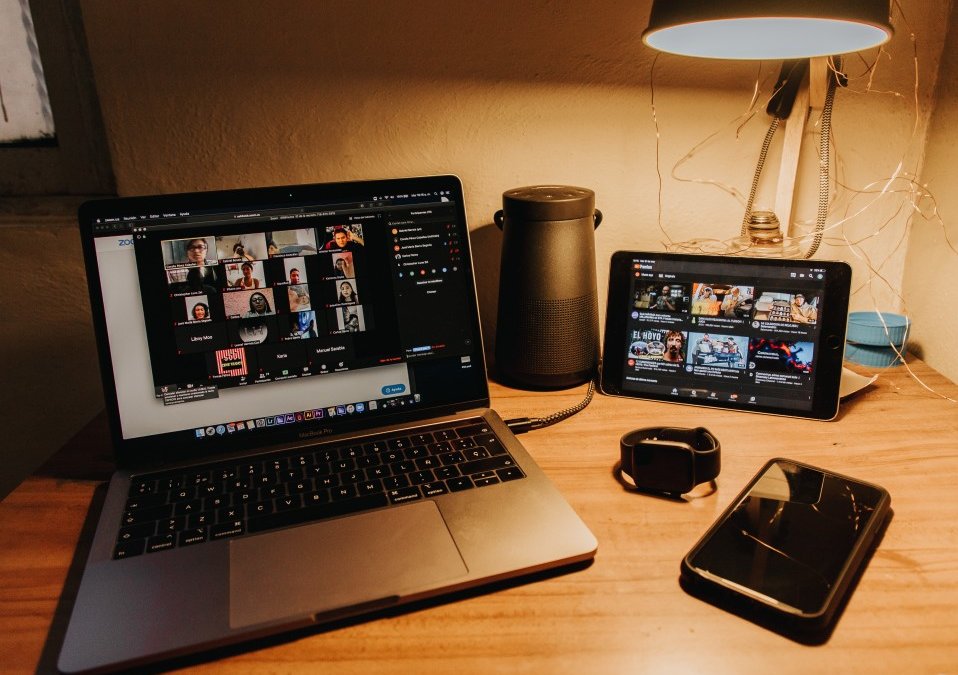- How to Stop Self Sabotaging Your Business - April 14, 2022
- Battling Your Saboteur - September 22, 2021
- Celebrating Something Special with High Voltage Leadership! - June 24, 2021
3 Reasons Why They Might Be and What You Can Do as a Leader to Help
I was speaking with an experienced leader last week, who had just received some feedback from a pulse survey his company had recently conducted. The organization was very curious about how their employees were responding with the sudden shift to working remotely. He wasn’t surprised to learn that the older members of the team were having some struggles, and were feeling less productive. Adapting to such an imposing level of change was likely to be harder for those in the “Baby Boomer” generation, he thought. But what surprised him was that those we would normally label “Millennials” seemed to be struggling as well. In fact, the pulse survey showed that about 30% of self-identified Millennials responded that they were less effective now than when worked in the office. He was shocked. He had assumed that those Millennial workers would slip seamlessly into their new remote environment and never look back. As a Gen-X, this leader was pretty much built for this remote, independent, socially isolated work environment. He is basically living his best life right now and is unfazed by the changes. But the truth is, there’s some very specific reasons why his Millennial reports are struggling. Here’s a few things that might be causing that disconnect.
#1 – Millennials Need Mentorship
First of all, Millennials are still new to their jobs and relatively junior in their skills. Although they often appear to be confident and connected in the office, for many this is their very first experience in a corporate role, and as part of a multi-generational team. In a traditional office environment they would have been surrounded by a variety of team members, many with more experience, who would have offered them advice, information, and mentorship in a very casual or organic way. This informal leadership and learning is very important to Millennials as they build their skill, increase their business knowledge, and connect to the larger picture. Without that informal coaching and leadership from the team, these younger workers may feel very disconnected and lacking in direction.
#2 – Millennials Feel Alone
Millennial team members might be living independently, or even alone, for the first time in their lives, and the social isolation of the last several weeks may be impacting them very keenly. The struggle to create connection, both personally and professionally, could be compounding their feelings of disconnection and ineffectiveness as they work remotely. Being a newly minted adult, their skill at creating connections, fostering professional networks, and even the ability to ask for help is likely not as developed. They may also be feeling that asking for help or support would make them look unprofessional or even incompetent, intensifying what may already be a lack of self confidence.
#3 – Millennials Need Connection
Many Millennials are only just beginning to develop their political or business acumen. This is not a skill that’s taught in a college or university course, it’s learned in the office, and it takes years to hone. As newer members of the team, Millennials may not be completely integrated in, or completely understand, the politics of the workplace. They may also not completely understand the cultural landscape, or be able to identify those power structures that impact the way work gets done and information travels. In our traditional office environment, those Millennials would be able to observe the politics at work, identify the power players, and receive coaching on how to navigate. Without that connection, and some of the direct observation that the office environment provides, Millennials may be left feeling disconnected and a-drift.
Your Leadership Moves
As a leader, no matter what generation you are in, it is absolutely your role and responsibility, to ensure that all members of your team feel that they can be their most effective when working remotely. Millennials are not the only team members who will not speak up for fear they will be perceived as weak, ineffective, or unqualified. No one wants to be perceived as unable to manage change effectively. So what are the leadership tactics that will help your team, and in particular your Millennials, feel more effective?
- Move beyond “How are you today?” in your 1-on-1s. Open-ended questions and real connection will allow you to move beyond “I’m fine.”
- Be open and vulnerable about your own issues and you’ll be surprised the connection you can create and what you get in response.
- Create connections that are not just about the work. It’s your job to uncover what makes every person on your team unique.
- Set aside time for connection that is personal and real – and ensure that all you staff know that they can create their own personal connections, on company time.
- Make space for fun. Engage in online activities as a team that foster laughter, engagement and excitement
- Create connection Champions. Engage specific team members who can foster communication and create connections that address the real issues your team is facing.
- Listen more than you talk. As a leader ask questions and then be quiet so you can hear the answers.
- Engage with everyone. Move beyond your “direct reports” and ensure that everyone on your team has a connection to you
If you need help engaging with your Millennials, and your team in general, or you’re looking to up your leadership game, connect with me and we can talk about how leadership coaching may be good fit for you. The first 30 minutes are always free and there’s never any obligation.

